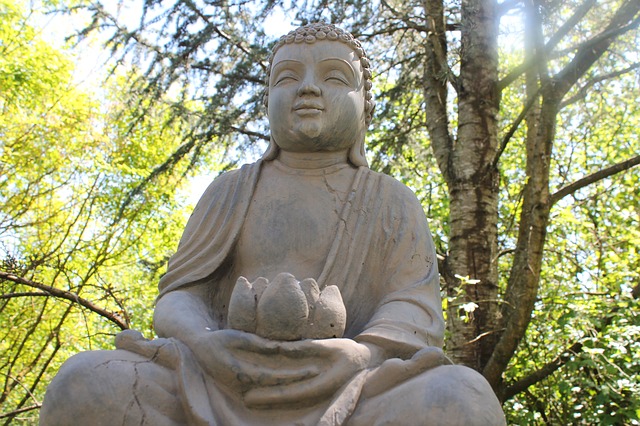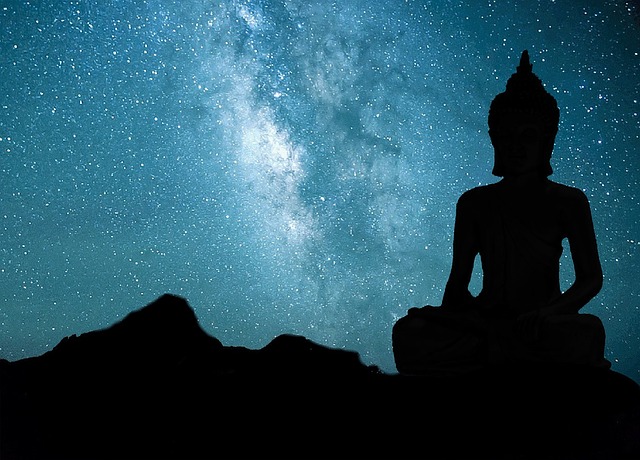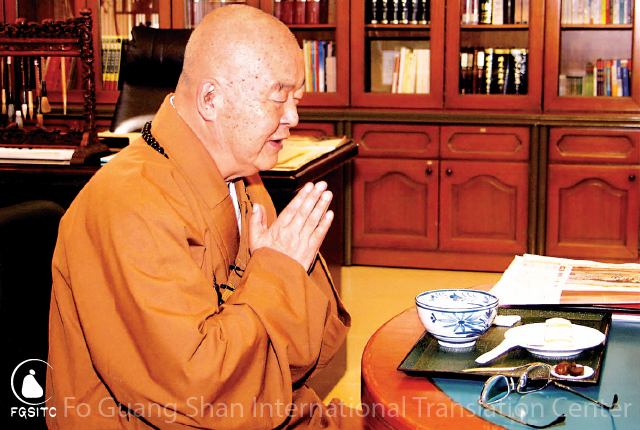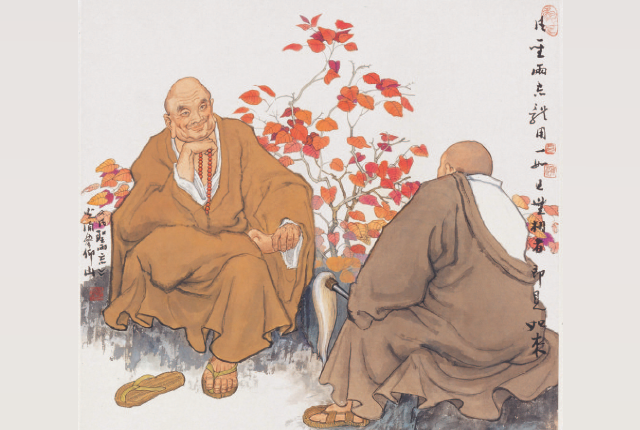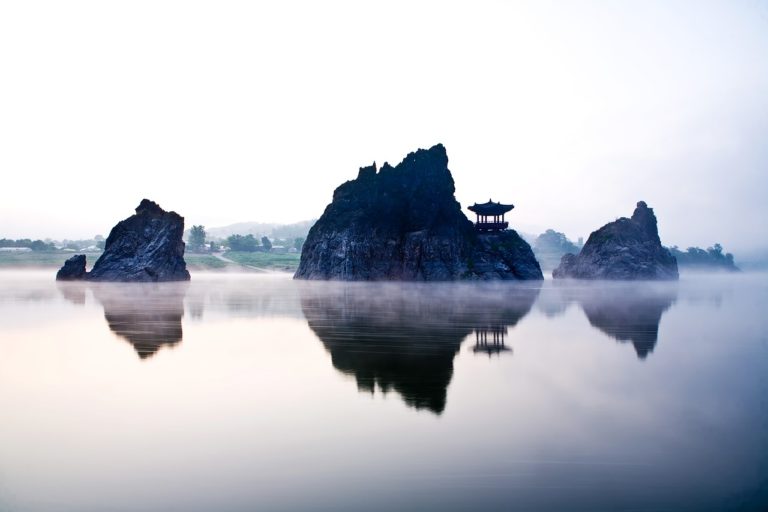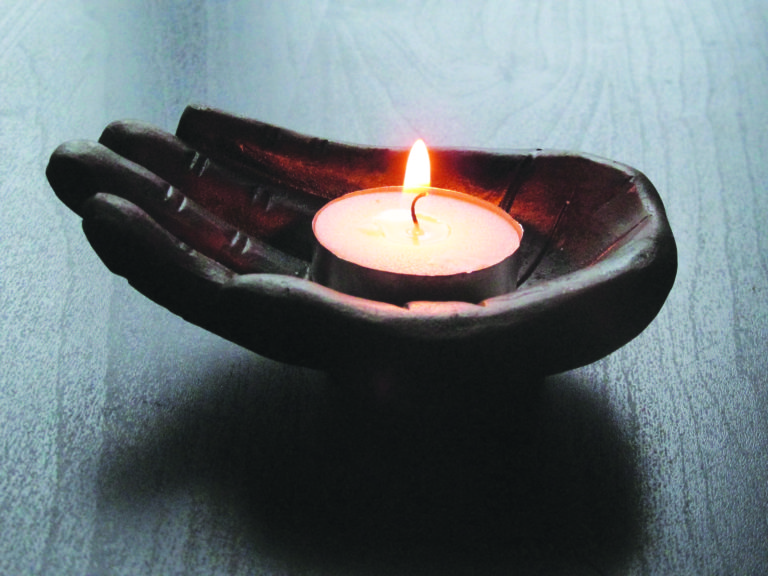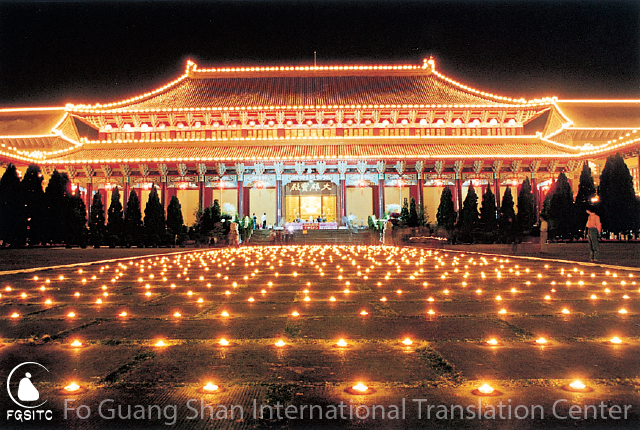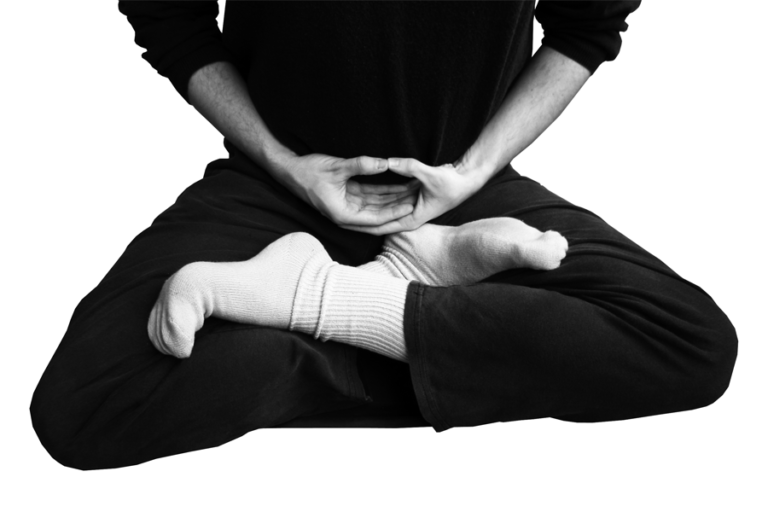
Most of us have an idea of what constitutes the space outside us; it is the environment in which we live. This includes the house we live in, the city we live in, or even the world we live in.
Just as we need to skillfully manage our relationship to others, to the environment, and to wealth, we also need to properly manage our relationship to the space outside of us.
For example, if we want to travel from place A to place B, we should have an idea about which route to use, what kind of transportation we need, how much time it requires, what we need to pack for the trip, and what potential problems we should anticipate. If we plan ahead, chances are we will have a wonderful trip.Thus, if we expend the effort to analyze our circumstances and plan accordingly, we stand a fair chance of being able to manage the space outside us.
The space inside us is another story. It is without form and therefore without boundary. It is hard to visualize or comprehend. The Buddha told us that the space inside us is many times larger than the space outside us. One of the sutras says,
“The mind encompasses the space of the universe, traversing realms as numerous as there are grains of sand.”
It is important to know the space inside us rather than becoming overly preoccupied with the space outside us. Before we go any further, let’s clarify what we mean by internal space: we are speaking about our heart, and we should learn to let our heart grow. The Buddha told us that the immensity of the heart can encompass three thousand chiliocosms.
When we open up our heart, we can contain the whole universe within us.
When I first arrived in Taiwan in the 1940s, I was truly destitute in a material sense. Though I was penniless and my external situation was grim, I never felt in want of anything. The wealth that I found in nature was immeasurable. When I was down in spirit, the stars and moon in the sky kept me company. Flowers were there for me to enjoy; trees provided shade for me. Everything in nature gave me untold joy. When I felt the enhance and the expanse of the whole universe within me, how could I feel anything but rich and fulfilled?
We have infinite spaciousness inside us, enough to hold the immensity of the cosmos; the universe is without, but the universe is also within. A true understanding of this capacity for inner abundance is key to finding ease and contentment regardless of our circumstances.
So, how do we let the spaciousness of our heart grow?
The Vimalakirti Sutra teaches us the Dharma method of non-duality. When we open our heart, we are vast like the oceans, which welcome water from all tributaries, large and small, or like Mount Sumeru, which embraces earth of all kinds, coarse and fine. When we open our heart, disputes, politics, and power struggles will no longer affect us. We will be at ease wherever we find ourselves. Only when we have affinity with the space within us can we have affinity with the space outside us.
From Living Affinity, written by Venerable Master Hsing Yun.
Image from Pixabay.


